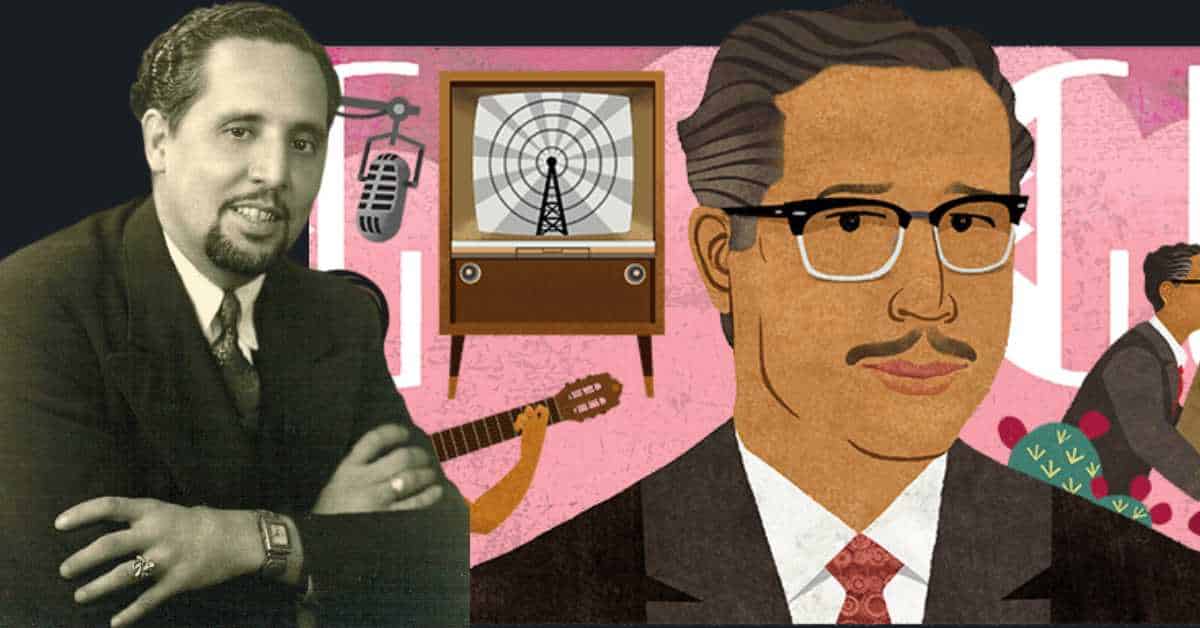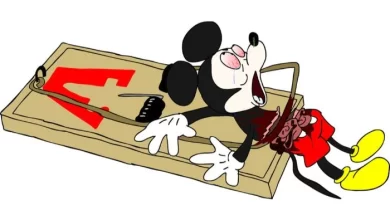
Raoul A. Cortez: A Pioneer of Hispanic Broadcasting in America
Raoul A. Cortez is a name that resonates deeply within the annals of Hispanic media and broadcasting in the United States. His story is not just one of personal success but also profound cultural impact, highlighting the power of media in giving voice to a community. As a pioneering figure, Cortez’s contributions have paved the way for future generations, enabling a more diverse media landscape that better reflects the rich tapestry of American society.
Born in the early 20th century, Raoul A. Cortez was a visionary whose life’s work was dedicated to serving the Hispanic community through media. His journey was marked by innovation, perseverance, and an unwavering commitment to cultural representation. Cortez’s legacy is particularly notable in the realms of radio and television broadcasting, where he broke new ground and set standards that would influence the industry for decades to come.
In 1946, Raoul A. Cortez made history by founding KCOR, the first full-time Spanish-language radio station in the United States, located in San Antonio, Texas. This groundbreaking venture was a testament to Cortez’s foresight and understanding of the need for media that catered specifically to the Hispanic community. KCOR provided a platform for Spanish-speaking Americans to connect with their cultural roots, offering a mix of news, music, and entertainment that was both relevant and engaging.
Cortez’s pioneering spirit did not stop at radio. In 1955, he once again made history by launching KCOR-TV, the first Spanish-language television station in the United States. This move was revolutionary, bringing Hispanic culture and perspectives into the living rooms of countless families. The station, which would later become KWEX and part of the Univision network, played a crucial role in shaping the landscape of Hispanic television in America.
Beyond his contributions to broadcasting, Raoul A. Cortez was deeply involved in his community. He recognized the importance of media not only as a source of entertainment but also as a tool for education and empowerment. Through his work, Cortez sought to address the challenges faced by the Hispanic community, advocating for civil rights, education, and economic opportunities. His efforts extended beyond the airwaves, as he engaged in various civic and cultural initiatives that aimed to improve the lives of Hispanic Americans.
Raoul A. Cortez’s legacy is a testament to the impact of media on cultural representation and community empowerment. His pioneering work laid the foundation for the growth and development of Hispanic media in the United States, creating avenues for expression, dialogue, and cultural preservation. Today, the landscape of Hispanic broadcasting is vibrant and diverse, a reflection of the trailblazing efforts of individuals like Cortez who understood the power of media to unite, inform, and inspire.
As we look back on the contributions of Raoul A. Cortez, it is clear that his vision was not just about creating media outlets but about fostering a sense of identity and belonging among Hispanic Americans. His work has left an indelible mark on the fabric of American media, reminding us of the importance of diversity and inclusion in shaping a more equitable and representative society.
In conclusion, Raoul A. Cortez’s story is one of pioneering achievement and enduring influence. Through his dedication to Hispanic broadcasting, he not only changed the face of American media but also empowered a community to see themselves reflected in the narratives that shape our collective understanding. As we move forward, Cortez’s legacy serves as both a foundation and an inspiration, urging us to continue expanding the boundaries of media representation and to ensure that every voice has the opportunity to be heard.


